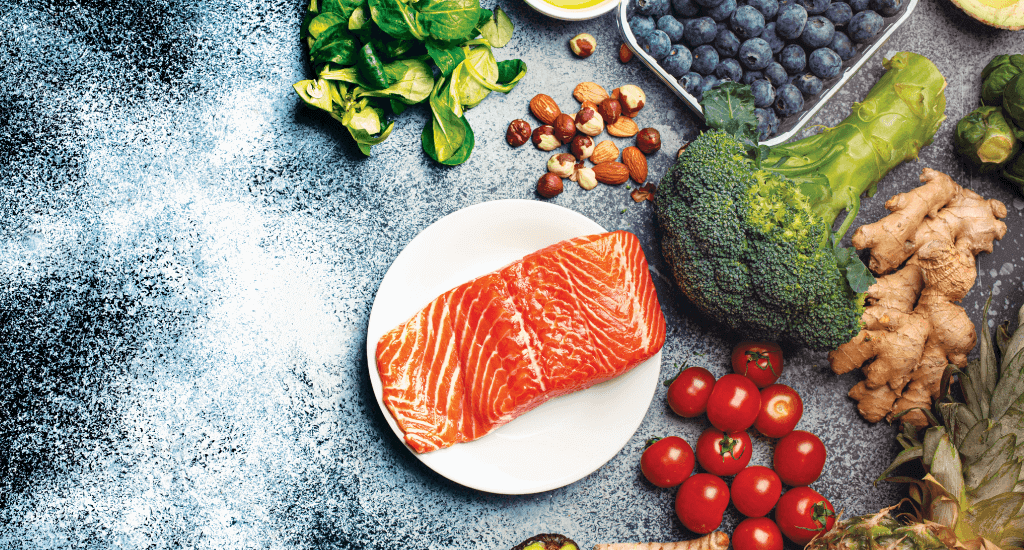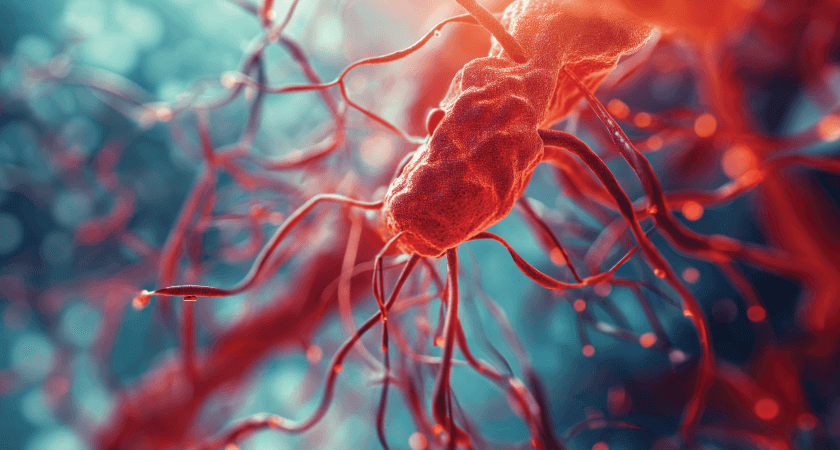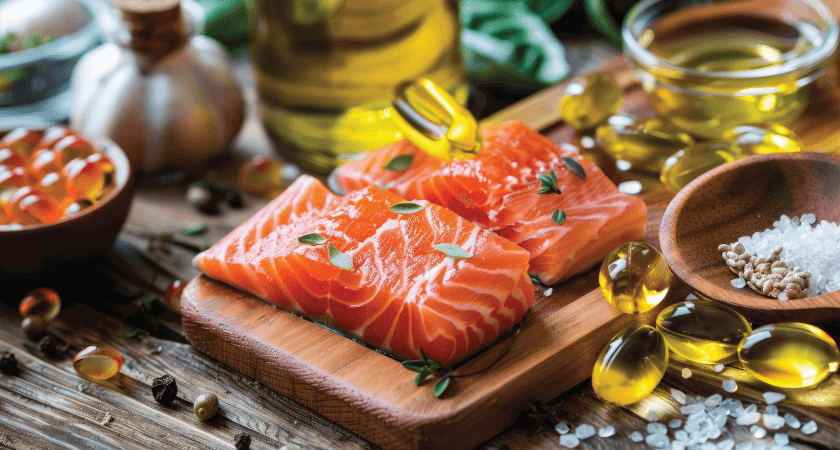
How to Treat Joint Pain: Should You See a Chiropractor?
From sprains and strains to overuse injuries, find out how chiropractic care can relieve joint pain, and whether it may be right for you.

Heat therapy.
Cold therapy.
NSAIDs.
Massage.
If you have joint pain or stiffness, you probably have an arsenal of tips, tools, and tricks you use to help keep the pain at bay. But there’s one tool you may not have considered: your fork.
“One of the best ways to reduce pain lies not in your medicine cabinet, but in your refrigerator. By following an anti-inflammatory diet, you can help fight off inflammation in your body and reduce chronic pain,” says Katlyn Cusack MS, RDN, LDN, registered dietitian at Hackensack Meridian Health.
As recently as 2023, the National Institutes of Health has come out in favor of an anti-inflammatory or Mediterranean-style diet, indicating its potential to reduce the risk of cardiovascular disease, some forms of cancer, and Alzheimers Disease. There is also research that indicates an anti-inflammatory diet can be good for your joints, and this approach to nutrition is endorsed by the Arthritis Foundation.

While it seems we only discuss inflammation in a negative context (swelling, pain, disease) inflammation is actually critical to our survival. At an elemental level, inflammation is your immune system’s response to a stimulus. A stimulus can be anything, from an injury to an autoimmune disorder (like Celiac Disease or rheumatoid arthritis, for example.) Inflammation can be a healthy response; it’s essentially your body’s signal that it needs to begin its (pretty amazing) healing process.
Chronic inflammation, however, is not a good thing. Chronic inflammation is defined by the National Institutes of Health as a slow, long-term inflammation that can last from several months to years. Generally, the extent and effects of chronic inflammation vary with the cause of the injury and the ability of the body to repair and overcome the damage.
Left unaddressed, chronic inflammation can damage healthy cells, tissues and organs, and may cause internal scarring, tissue death and damage to the DNA in previously healthy cells. Ultimately, this can lead to the development of potentially disabling or life-threatening illnesses, such as cancer or Type-2 diabetes.
All of these factors can individually trigger inflammation, or work together to keep inflammation active in the body:
Even if you haven’t heard it referred to as an “anti-inflammatory” diet, most of what makes it beneficial to your body will be very familiar. Similar to the Mediterranean Diet, an anti-inflammatory diets promote eating more fruits, vegetables, fish, and healthy fats while
decreasing the consumption of red meat, refined sugars, carbohydrates, and red wine. It’s a pretty classic approach to good health, but with new research and benefits behind it.
Incorporating healthy compounds such as omega-3 fats and polyphenols, which occur naturally in many foods, with a healthy balance of protein, carbs and fat can help protect your body against inflammation – and reduce chronic inflammation triggered by a high trans-fat or more typically Western-style diet.
When it comes to which foods cause (or are associated with) inflammation, some won’t surprise you (bacon, we love you but we’re looking at you), while others may be more of a shock (jelly?! Who knew?) When it comes to preventing or reducing inflammation, and relieving pain, these are the foods you’ll want to cut back on – or cut out entirely.
It may seem like a long list, but now that we have that out of the way, let’s talk about the super foods that can help you fight inflammation and feel your best – and they’re probably some of your favorite things.

Here’s the good news: The foods that fight inflammation not only help you feel great; they’re fresh and delicious. If you’re looking to add more anti-inflammatory foods into your diet, focus on:

The short answer is, yes. Supplements can be beneficial, and we include them as part of our healthy lifestyles. But when it comes to diet versus supplements, diet will always be king. Supplements are a great support, not a substitute. That said, they can be a powerful tool in helping you fight inflammation when combined with other lifestyle changes.
Studies suggest that alpha-lipoic fatty acids, omega 3-rich fish oils and ginger root can all positively impact inflammation levels.
Whether you’re one of the 53 million Americans living with joint pain and arthritis, or you simply want to improve your health and prevent pain, embracing anti-inflammatory nutrition is a great place to start. An anti-inflammatory diet can help protect your body’s immune system, reduce inflammation, and help to reduce joint pain and disease. Supplementing and incorporating these healthy foods can also help your body heal faster and fight chronic illness. If you’re a Chiro One patient, an anti-inflammatory diet is also a great way to support your chiropractic care.
Chiropractors are required to study nutrition as part of their training – particularly as it relates to disease prevention and treatment. Ask your chiropractor about the connection between inflammation and pain, and how an anti-inflammatory diet and the right supplements can help.
Living with joint pain? Ready for relief? Find a Chiro One clinic near you, or schedule an appointment today.
Subscribe and get news, articles & offers sent right to your inbox each month.
"*" indicates required fields
By subscribing you are agreeing to the Terms and Conditions and Privacy Policy.